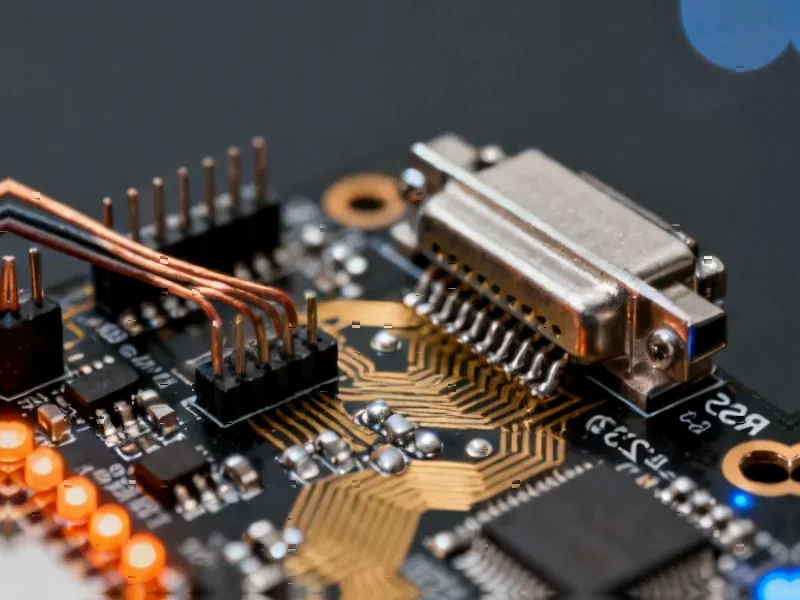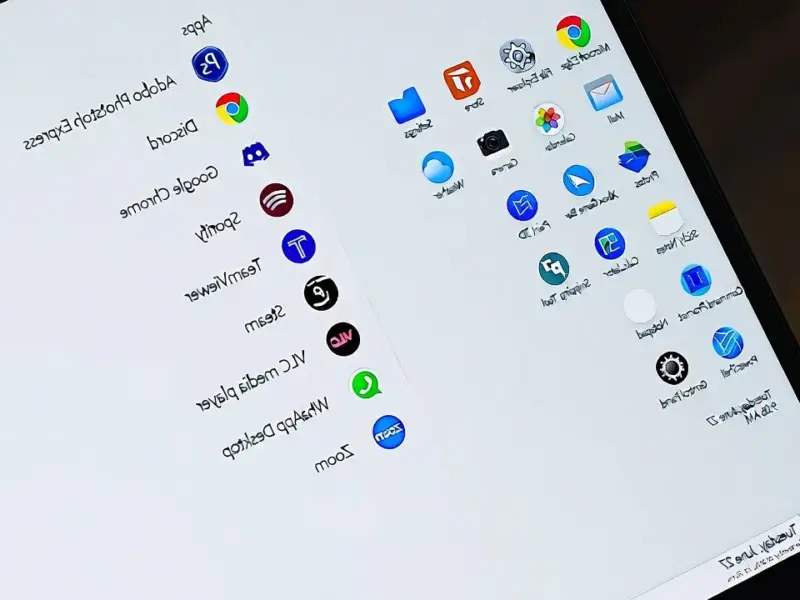According to Phoronix, Debian’s upcoming “trixie” release marks the end of the road for several older processor architectures. The armel architecture is being demoted to limited support status, with only Raspberry Pi 1, Zero, and Zero W systems receiving kernel packages. Meanwhile, both mipsel and mips64el architectures are being completely removed from Debian’s supported lineup. The changes are documented in the official release notes and were announced on the debian-devel-announce mailing list. Users running affected systems can still upgrade to trixie if their hardware is supported, but Debian recommends migrating to armhf or arm64 or simply retiring old hardware entirely.
The End of an Era
This is basically Debian doing some much-needed spring cleaning. The armel architecture has been around forever, targeting older ARMv5 and ARMv6 processors that can’t run the more modern armhf ABI. And let’s be honest – how many people are still running production systems on hardware that old? The Raspberry Pi 1 and Zero exceptions make sense because there are still tons of those in use for embedded projects and DIY setups. But for everything else? It’s time to move on.
Why Now?
Here’s the thing – maintaining support for these older architectures isn’t free. Every time there’s a security update or package change, developers have to test and build for multiple platforms. When usage drops below a certain threshold, it becomes a drain on limited volunteer resources. The bug reports and discussions around these architectures probably showed declining interest and increasing maintenance headaches. So Debian is making the pragmatic call to focus efforts where the users actually are.
What This Means for Users
If you’re running armel on anything other than a Raspberry Pi 1 or Zero, you’ve got decisions to make. You could stick with the current stable release until its security support ends, but that’s just kicking the can down the road. The smarter move is probably migrating to armhf or arm64 if your hardware supports it. For MIPS users? Well, that’s tougher. The writing has been on the wall for MIPS in the Linux world for years, with most development energy going toward ARM and RISC-V.
The Bigger Picture
This is part of a broader trend in the Linux ecosystem. We’re seeing consolidation around fewer, more modern architectures. ARM64 has become the standard for mobile and embedded, while x86_64 dominates servers and desktops. And RISC-V is the new hotness everyone’s watching. Maintaining support for every obscure architecture from the past two decades just isn’t sustainable. Debian’s move might inconvenience a few users, but it’s probably the right call for the project’s long-term health. Sometimes you have to break a few eggs to make an omelet.




